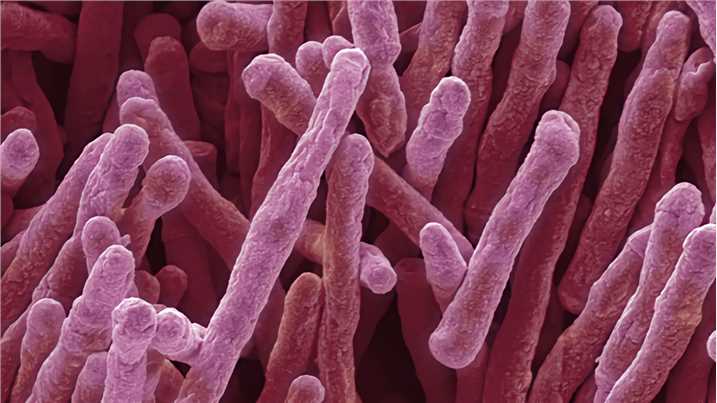The race against time to find an alternative energy source to fossil fuels has been going on for a while. If I have to say that I have seen "killer solutions" capable of solving the problem, I have not seen any. However, the research team of Monash University Biomedicine Discovery Institute of Melbourne, Australia, appears to have made a big leap forward in clean energy generation. In a study just published in Nature (I link it here), doctors Rhys Grinter, Ashleigh Kropp and the professor Chris Greening they discovered an enzyme called Here, which can transform hydrogen from the air into electricity.
Electricity from the air: the “magic” enzyme
Researchers have identified the enzyme responsible for using atmospheric hydrogen in a bacterium known as Mycobacterium smegmatis. Professor Greening explains that bacteria in harsh environments such as Antarctic soil, volcanic craters and deep beneath the ocean can use trace amounts of hydrogen in the air to create energy. Energy which they then exploit to grow and survive. A great coup for the scientific community, and a strong inspiration to find (as always from nature, the biomimetics teaches) the solution to our problems.

The Huc enzyme is able to absorb hydrogen below atmospheric levels (this is a tiny percentage: just 0,00005% of the air we breathe). This makes it absolutely unique among other enzymes and chemical catalysts. The team used cutting-edge methods to identify the molecular pattern of atmospheric hydrogen oxidation and advanced microscopy to determine its atomic structure and electrical pathways. The electrochemical technique demonstrates that the purified enzyme creates electricity at minute concentrations of hydrogen.
Possible applications
As you might imagine, the Huc enzyme cannot be used alone. It must naturally be "packaged" so that it can maintain its capabilities. And researchers have already seen that by freezing or heating the enzyme, it is possible to store it in harsh environments without losing its ability to provide energy. This research still has a long way to go, but there's no doubt: Huc's discovery is a major step forward in the search for clean energy sources. This enzyme represents a promising alternative to fossil fuels: moreover, it does not require major "maneuvers" to install solar systems, or hectares of land to cover.
One day, bacterial “batteries” like this one (or this) will be able to capture the energy they need even during the journey of an aircraft: imagine planes capturing energy from the air while they are still in flight. However, the potential is enormous, and could reach far beyond the aviation industry.
There is great news in the air in the future of energy. Don't take too long!


